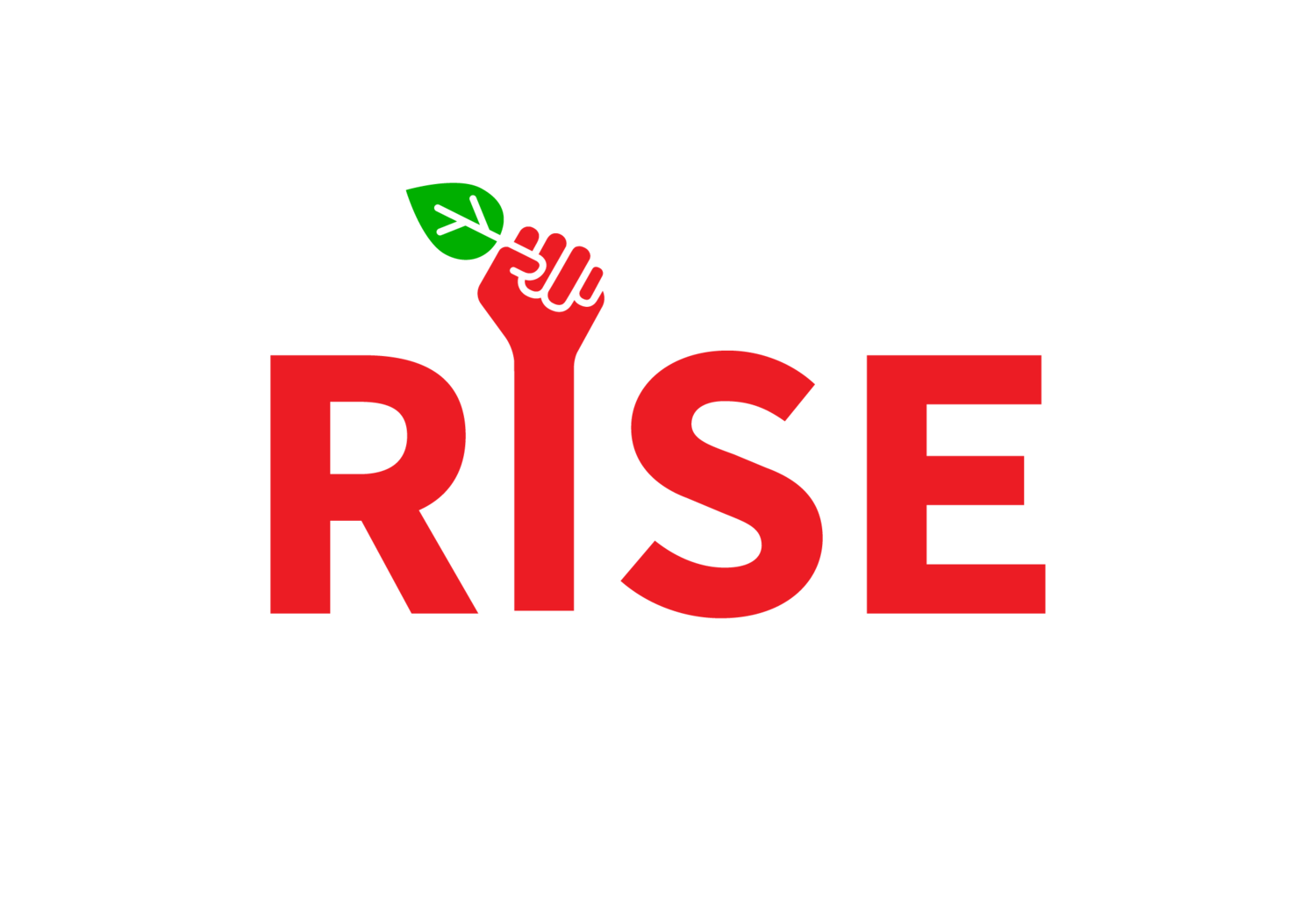Mental Health Crisis During Covid-19
Rise activist Kay Keane discusses the lack of mental health services during Covid-19 and how the previous government’s attempts to plaster over the cracks have been exposed by the pandemic.
As early as 2006, a programme was agreed to ensure each citizen should have access to local, specialised and comprehensive mental health service provisions of the highest standard.Now, move on to 2020 and a new document compiled by an expert group outlines the need for a multi-disciplinary approach, and again, stresses the need for community-centred treatment when possible.As the lockdown continues, everyone is dealing with social conditions that are not normal. For the majority, it is causing stress and feelings of isolation. However, for those who suffer from mental health issues it only adds to their anxiety, depression, or paranoia and heightens feelings of abandonment.It is widely accepted that mental health services over decades have been underfunded and pared back. In fact, it is the poor relation when it comes to funding. The allocation from the Health Service budget announced in November 2019 assigned a mere 6% to the service. As more people attempt to access services, this is the equivalent of sticking a plaster on a gaping wound.
While the vast majority of people are following the guidelines and restrictions recommended by the HSE to combat the spread of Covid-19, many are left struggling with their mental health issues. Of course it is right in daily briefings to remind us of social distancing and hygiene, but the lack of any mention of or guidance on protecting mental health and lack of details given on services available, is shocking by both the HSE and the caretaker government. The reality is that most patients now have no access to the already limited services previously available.
The state’s approach to mental health and the provision of services has been inadequate, to put it mildly, even before the pandemic. But at this time, during the emergency, there should be a rolling out of community based services and a major recruitment drive to help alleviate the backlog of people waiting to access appointments and vital treatment. The old government line of ‘we have no money’ will not wash while people are being left to cope alone.
One of the most damning indictments of the government’s approach, which has not been dealt with over many decades, is the lack of attention to the mental health of young children and adolescents. There have been numerous, documented cases of young and vulnerable patients being sent to adult facilities due to the lack of suitable units for them.
Unfortunately this is now the norm. Even the shocking case of a 14 year-old boy being sent to an adult unit and then being left on a chair due to no bed being available is not unique. The social distancing measures which have been implemented have an even bigger effect on some of the most vulnerable in society – those who have no homes. Over 10,000 people including children are currently homeless, many are packed into one-room hubs and hotels. With no access to green spaces or gardens, these families are cooped up in one room all day, every day. Even before Covid-19 concerns were raised about the psychological effects this environment would have on these families, particularly children. Added to this now are concerns about the impact of school closures and peer interaction. It is likely that for young children the damage will be long term.
Austerity measures implemented by the Fine Gael and Labour coalition saw community-based services and outreach programmes decimated. These services - which are so vital to those who suffer - have never recovered or had funding restored despite the economic recovery Fine Gael spoke about.
Post Covid-19 and the predicted downturn in the economy, any government that involves Fine Gael /Fianna Fail is unlikely to reintroduce lost community services or implement a 24/7 service. The mental health sector will again be the poor relation within the health service. Cuts and austerity will again be implemented, perhaps not straight away, but we all know they will happen.
Again it will be the public services that will suffer not the private sector. Already the caretaker government has promised an up front payment of €92 million to private hospitals. We have and will continue to have a two tier health system as shown by the decisions taken by those in power. As long as the parties of the right are in power the status quo will never change.

